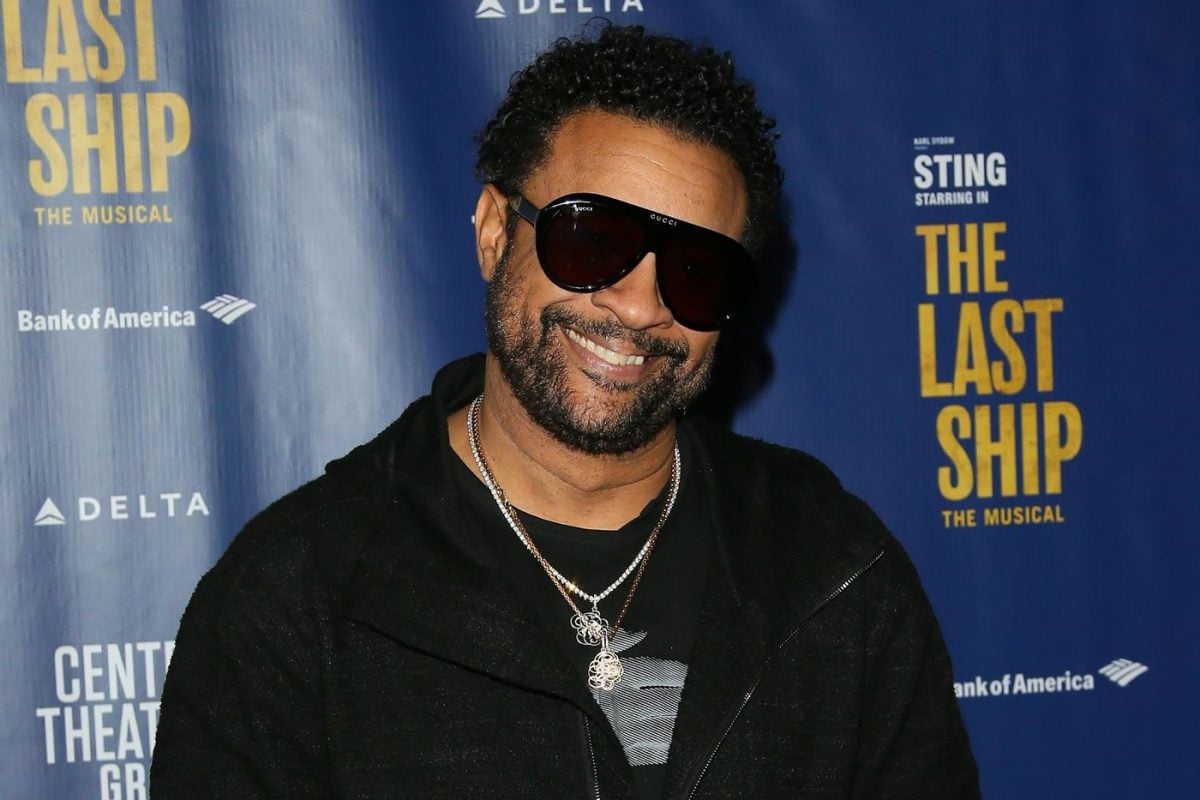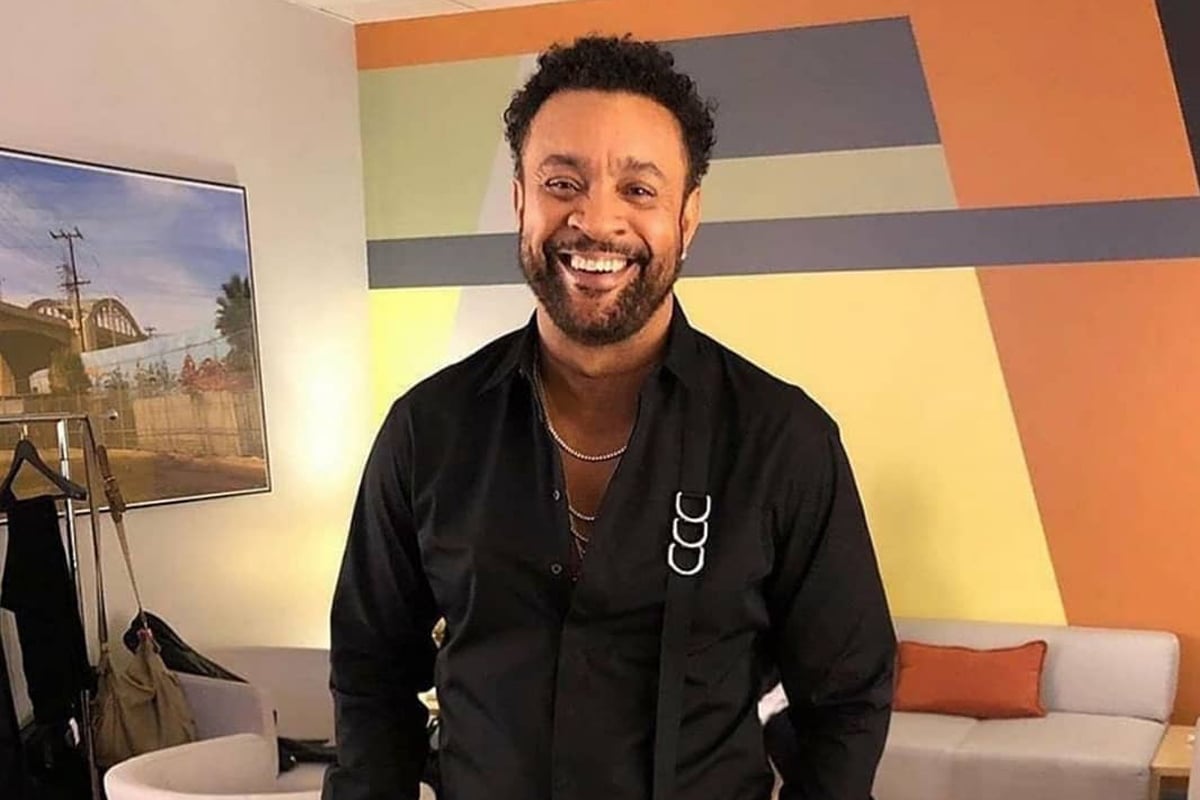Dancehall Star Shaggy Reveals He Was Barred From TV Show Because He Came From ‘Homophobic’ Jamaica

Dancehall megastar Shaggy has revealed that an international television network barred him from participating in a joint album promotion interview with British singer Sting, a few years ago, claiming that he was unsuitable because he was representing Jamaica — a country which they accused of being homophobic.
The Boombastic singer, who was speaking on Soundchat Radio recently about whether or not Dancehall lyrics had been influencing violence in Jamaica, pointed out that it was the scapegoating of Dancehall music over the years that had led to the deep-rooted stigma where many people now erroneously believe that the music was a driver of gun crimes.
Shaggy, a former US marine who went on tours of duty during Operation Desert Storm in Iraq, had said he has always enjoyed “gun chunes” from his boyhood days and posited that socio-economic problems were the driver of crimes in Jamaica and not music.
He then juxtaposed the issue of stigmatization of the genre for violence on the island, with his unfair treatment by the network, as an example of being blamed for something in which one was innocent.
Jamaica became highly stigmatized the world over in 2006, after the influential Time Magazine erroneously declared the country “the most homophobic place on Earth”, over countries like Iran, Brunei, Mauritania, Somalia, Sudan and the United Arab Emirates where homosexual acts are punishable by death.
In drawing a parallel, Shaggy said similarly to how the general Jamaican population was not harming homosexuals, but many people overseas falsely believed otherwise, the same was the case with Dancehall.
“Fi years you’ve been hearing ‘Boom Bye Bye, Boom Bye Bye’ and people a talk homosexual lyrics… suh till everbaddy tink seh Jamaica is di worst place for homosexuals and dem caan walk freely an dem caan do dis and dem caan do dat. Which artist yuh eva hear kill a homosexual? Neva happen, neva happen. Come on, what we doing here bro?” Shaggy argued.
When the host asked Shaggy whether Dancehall music was being scapegoated for issues outside of artists’ remit, Shaggy responded in the affirmative and provided details of the instance in which he was barred by the TV network.
“Clearly. On every level,” he said. “I tell you how bad it is; we were doing promo and I was supposed to go on a television show, and we put in request… I not gwine call di television show name. And they did not accept me based on the fact that I was from Jamaica, and they were saying that I represent homophobia,” the Grammy-winning artist said.
“Now there is no track record of me doing this. But just the fact that I’m a Reggae artiste, right, and this is a mainstream television show and – it was me and Sting and they wouldn’t mind keeping Sting but I couldn’t come on because a dat. Of course Sting said: ‘no way’. If him not going I’m not going. But the point I am trying to make based on the homophobic connotations that we have as Jamaica, for a lack of better word, they wouldn’t accept me on the show to promote a major album,” he added.
The album, 44/876, was released in April 2018 and later won the Grammy Award for Best Reggae Album in 2019.
Shaggy then drew upon statistics, which he said showed that the accusations of Jamaica being homophobic were untrue.
“And if you look at it, if you look at the ratio for people weh live inna Jamaica compared to homosexual crimes, most of it is crime of passion; homosexuals against homosexuals. So why I bring the argument there is, it’s the same thing when you start compare crime…,” he said.

Shaggy’s views are not far from that of Criminology Professor at the University of the West Indies, Professor Anthony Harriott, who in September 2013, told The Gleaner that based on his ongoing study of homicides, there was “nothing extraordinary about the killings of gays to the extent that one can discern from the information in the police records that the victim is gay”.
Professor Harriott had also said that from his observation, “there might be a tendency of advocates for gay rights to name all violence against gays as anti-gay and we have to be careful with that”.
“I think there is a lot of loose talk in just lumping up all victimisation of people who happen to be gay as victimisation against gays. Truth is, I have encountered cases of murder where it is evident that it is as a result of one being gay, but those are few,” he said.
In December 2012, then Executive Director of Jamaica Forum for Lesbians, All-Sexuals and Gays (J-FLAG) Dane Lewis, said his organisation was concerned about the recent spate of protests and the stance taken by many overseas gay-rights groups to boycott the performances of Dancehall and reggae artists who had anti-gay songs, arguing that “the landscape has changed significantly”.
In a Gleaner article titled J-FLAG stands behind Dancehall – Gay-rights group bats for reformed Dancehall artistes , Lewis contended that J-FLAG’s official stance was that the continued demonising of some of these artists was unfair, and that the organization was not involved in these anti-murder-music campaigns, and were, in most cases ‘alerted of these protests through our local media.
Conversely, in March 2020, NBC News reported that the number of anti-LGBTQ hate groups in the United States soared 43 percent in 2019, “rising from 49 groups in 2018 to 70 in 2019”, according to a report from the Southern Poverty Law Center.
“Groups that vilify the LGBTQ community, in fact, represented the fastest-growing sector among hate groups in 2019,” NBC noted.
